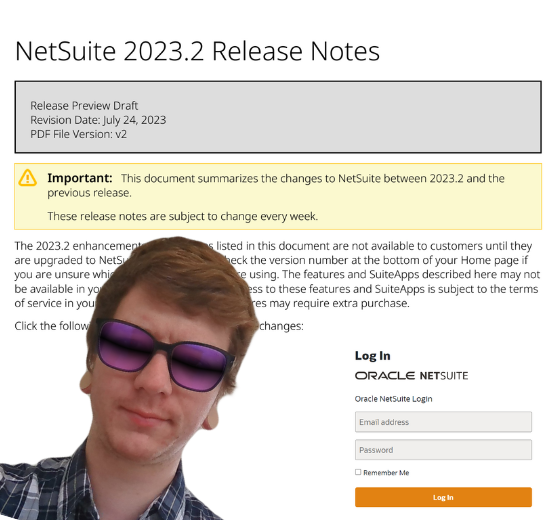There are a number of challenges facing discrete manufacturers, from managing lead times and material costs, to inventory and waste. A flexible manufacturing system is needed to fulfil the demands of low volume, high complexity production, while inventory controls and lead times are important factors in high volume, low complexity production.
Key to all of this is a warehouse that runs optimally, with the right processes in place to ensure the physical products being made – from consumer electronics and household appliances to cars or even aeroplanes – can be done efficiently and cost-effectively. Equally important is a work management system that can ensure resources are available in the right place when needed.
Here are five ways Oracle NetSuite enables discrete manufacturers to optimise their business:
Gaining visibility of stock
With production time and machine set-ups within a discrete manufacturing operation differing greatly, it is often best to manage each process separately. However, operating disconnected systems and multiple product requirements associated with each is cumbersome, and directly hinders efficiencies that can lead to cost savings and enhanced profits. Having access to real-time information on available stock across all processes is crucial, which means having a sophisticated inventory management system in place. Oracle NetSuite’s integrated cloud solution ensures one version of the truth when it comes to inventory management. All materials are scanned for real-time information on the movement of materials around the plant, meaning no production downtime due to fast-moving parts being unavailable; or indeed, obsolescence through over-stocking of slow-moving parts. Additionally, warehouse space can be used to best advantage when inventory is controlled.
Optimising workflow through efficient production planning
A real pain point for discrete manufacturers is resource capacity planning. With the processes in discrete manufacturing being individual and operating at various rates, it can be difficult to calculate the production capacity in any factory in this arena. Having an overview of the current workload at any one time, being able to reallocate resources as needed and prioritising certain orders or deliveries are all crucial functions for an effective operation. NetSuite’s work management functionality includes labour requirements, configurable work orders and instructions, and finite production scheduling to enable a full, advanced Manufacturing Execution System. Optimum management of operators and machines becomes simple.
Enhancing profit margins with better insights
Real-time information provides an at-a-glance overview of business operations and performance, and the extensive reporting functionality within NetSuite ensures that past and current information, as well as forecasts, can be accessed. The result is invaluable data that can be analysed to facilitate actionable insights and improve efficiencies… and therefore increase profits. Whether its understanding employee productivity or pick frequency of required items, data is the key to unlocking improvements.
Quality monitoring is standardised
In a manufacturing environment that operates various assembly lines and produces multiple components – and in a highly regulated arena with multiple standards to adhere to – ensuring quality control is crucial. NetSuite’s integrated quality management function supports quality and inspection criteria, customisable records with statistical parameters (pass/fail) and LOT serial numbers.
A unified approach
In any business, but particularly one that delivers multiple activities and varied workflows, having one unified management system is invaluable. When operations span more than one premises too, it becomes a no brainer to make a sound, future-proof move to pool business information and intelligence into one place. Managing workflow, resource capacity, quality control, production monitoring, inventory, accounts and financials, and quality control from a central point, undoubtedly improves operations, quality and service. The manufacturing arena is a competitive one, with cost becoming a huge driver in a challenging economic climate, but service and quality also important pillars. Finding ways to achieve efficiencies to drive up profit margins without compromising on quality or service is the Holy Grail and investing in a robust, fit-for-purpose single ERP system with BrightBridge is us effectively giving you a map to that treasure.
Discrete manufacturing case studies
Don’t take our word for it, head over to our case studies page to read how we have affected change and facilitated efficiencies for manufacturers, or click on these examples below:
- Platinum Stairlifts
- Wharton Electronics
Keep reading

What is a NetSuite implementation partner? How do you choose one?

Technology fit for total customer service in 2024

Retail and wholesale distribution: how to improve supply chains

Ditching Sage 1000: what you need to know from businesses that have done it

6 ways AI-ready Microsoft Dynamics 365 helps chartered associations serve members

6 retail and wholesale distribution challenges and how NetSuite solves them

The most exciting features in Microsoft Dynamics 365 2023 Release Wave 2

How to manage a new NetSuite Release: one expert's update process

What’s in NetSuite Release 2023.2?

